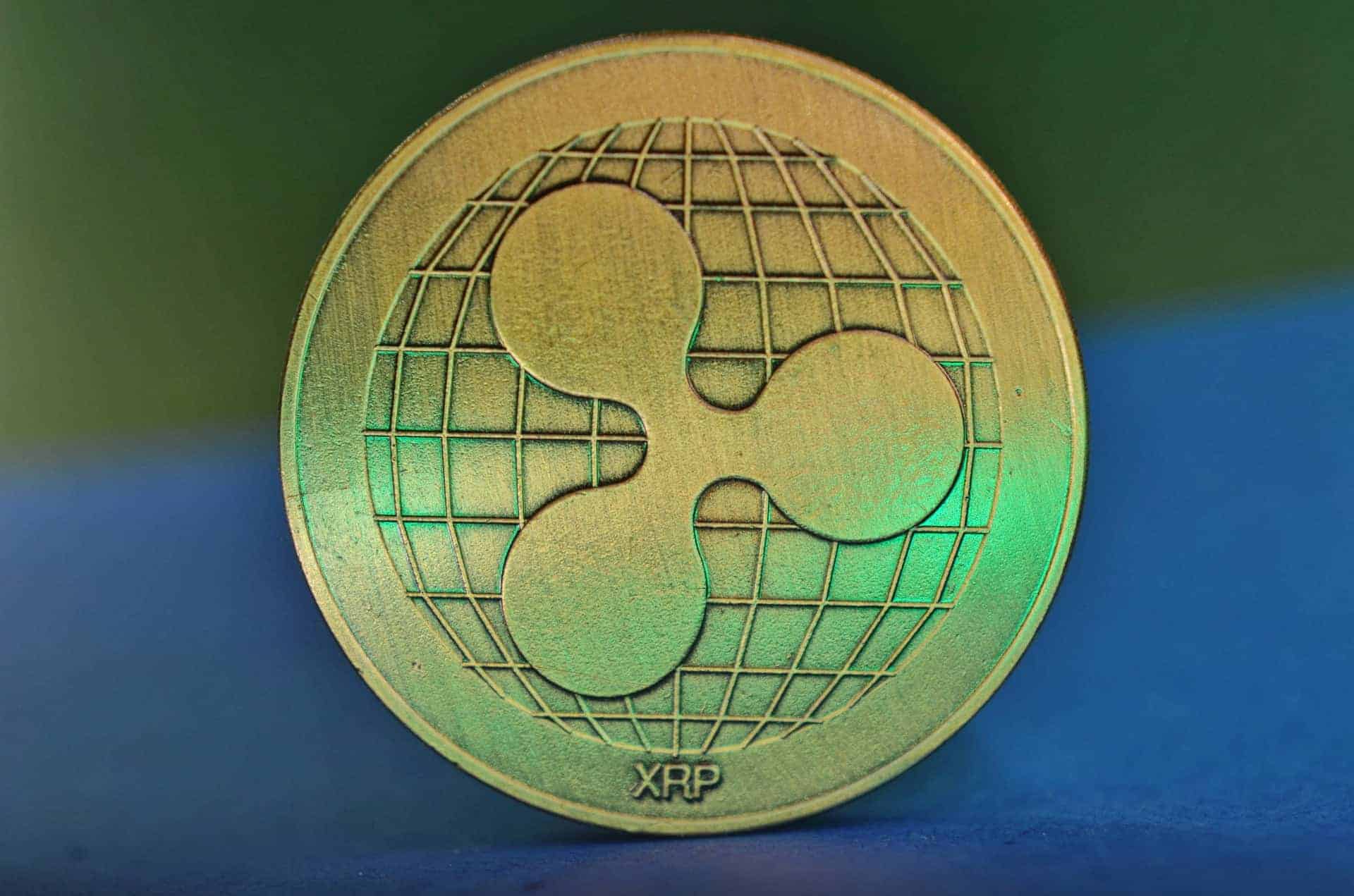Heating up their battle over discovery, Ripple Labs, its CEO Brad Garlinghouse and executive chairman Chris Larsen are asking a judge to stop the U.S. Securities and Exchange Commission from asking foreign regulators to obtain information on Ripple and XRP on the SEC’s behalf.
According to a joint letter to U.S. Magistrate Judge Sarah Netburn filed on April 16, the lawyers representing defendants Ripple, Garlinghouse and Larsen said the SEC was pursuing discovery “outside the scope of the Federal Rules and the Hague Convention by improperly leveraging Memoranda of Understanding (“MOU”) with foreign regulators, who then, at the SEC’s request, serve burdensome document requests on entities under the foreign regulator’s jurisdiction.”
“The MOU process involves a foreign securities regulator in the discovery process, which has a significant impact on the recipient of the requests, including Ripple’s overseas business partners, and amounts to an unwarranted intimidation tactic,” the lawyers wrote.
See related article: XRP price surges over 40% following another legal victory for Ripple
MOUs are formal agreements between two or more parties. In this case, the U.S. and foreign regulators have MOUs to facilitate the sharing of information. Such MOUs typically allow the regulator in one country to make a request to another agency in the foreign jurisdiction to collect information on its behalf, and share the information with the requesting agency.
Is SEC’s MOU strategy ‘an end run’ around the US court system?
Last December, the SEC filed a lawsuit against Ripple, alleging that its sale of XRP was an unregistered securities offering worth over US$1.38 billion. The SEC also named Garlinghouse and Larsen as co-defendants for allegedly aiding and abetting Ripple’s violations and making US$600 million in personal profits from their unregistered sales of XRP. The SEC’s lawsuit against Ripple is currently in its discovery phase, with both sides battling over what information must be shared with the opposing party.
See related article: Ripple wins access to SEC’s internal documents on Bitcoin and Ether
Ripple had found out that the SEC was seeking information on Ripple from at least 67 third parties around the world, including MOU requests to regulators in the United Kingdom, Japan, and Singapore. “This has had a significant chilling effect on Ripple’s commercial and business operations with partners in those jurisdictions who have received requests from foreign regulators relating to this action,” the lawyers wrote.
The lawyers argued that allowing the SEC to use MOUs to obtain information on Ripple is unfair as it is a process only available to the SEC, and “does not require notice to the opposing party (as demonstrated by the SEC’s secret use of the process in this case) or provide a mechanism for Ripple, Mr. Larsen, or Mr. Garlinghouse to lodge objections.”
“The SEC’s MOUs with foreign powers represent an extraordinary tool to which private litigants like Ripple, Mr. Larsen, and Mr. Garlinghouse have no equivalent and which has no place in litigation. And it represents an end run around the Court’s authority to oversee the extent of foreign discovery necessary in the litigation,” the defense lawyers wrote.
See related article: Ripple executives file to dismiss SEC lawsuit as XRP prices soar
“If the SEC can seek discovery through its own investigative procedures, outside the parameters of the Federal Rules, then it is unconstrained by the discovery rules that this Court may impose or to which the parties may agree,” the attorneys added. “If the agency is unhappy with, for example, the number of depositions it may take under the Rules, it can simply engineer an end-run through its investigatory powers. This result would circumvent the Federal Rules and create a deeply unfair process for all defendants.”
SEC: dealings with foreign regulators protected from disclosure
The SEC has agreed to provide Ripple with the “substance” of the requests, but not the correspondence with foreign regulators related to the requests, saying that it was “privileged or otherwise protected from disclosure.”
Ripple’s lawyers say that the SEC has refused to stop using the MOU requests and has not provided them with a list of the overseas parties from whom it has sought discovery, despite promising to do so.
Given the impasse between both sides, Ripple’s lawyers are now asking the judge to order the SEC to withdraw and cease MOU requests to foreign regulators, and produce the related communications with foreign regulators.
This latest dispute follows recent court victories for Ripple and the Ripple executives earlier this month when Judge Netburn granted Ripple’s motion for the SEC to produce documents related to the agency’s internal discussions about other cryptocurrencies like Bitcoin and Ether, and rejected the SEC’s demand for up to eight years of Garlinghouse and Larsen’s personal financial information.
See related article: How new SEC chair Gary Gensler can reshape the crypto industry’s future
Other lawyers not directly connected to the SEC’s lawsuit are calling the agency’s overseas discovery tactics “not fair” and “insane.”
“The SEC is going to foreign regulators and requesting documents re Ripple’s business partners. The foreign governments then request documents from those partners. This places regulatory pressure and burden on Ripple’s foreign business partners,” said Jeremy Hogan, a partner at law firm Hogan & Hogan, in a tweet. “This is NOT something a ‘typical’ Plaintiff could do and it’s not fair, so Ripple is calling dirty-poker.”
Jesse Hynes, general counsel at Gala Games tweeted: “This is insane. Shame on the SEC! On the bright side, the SEC is basically admitting that this is a matter of great political and worldwide significance. Can’t wait for that Summary Judgment motion with a major questions doctrine argument.”
See related article: Lawyer for 11,000 XRP holders pushing to fight SEC in Ripple lawsuit





